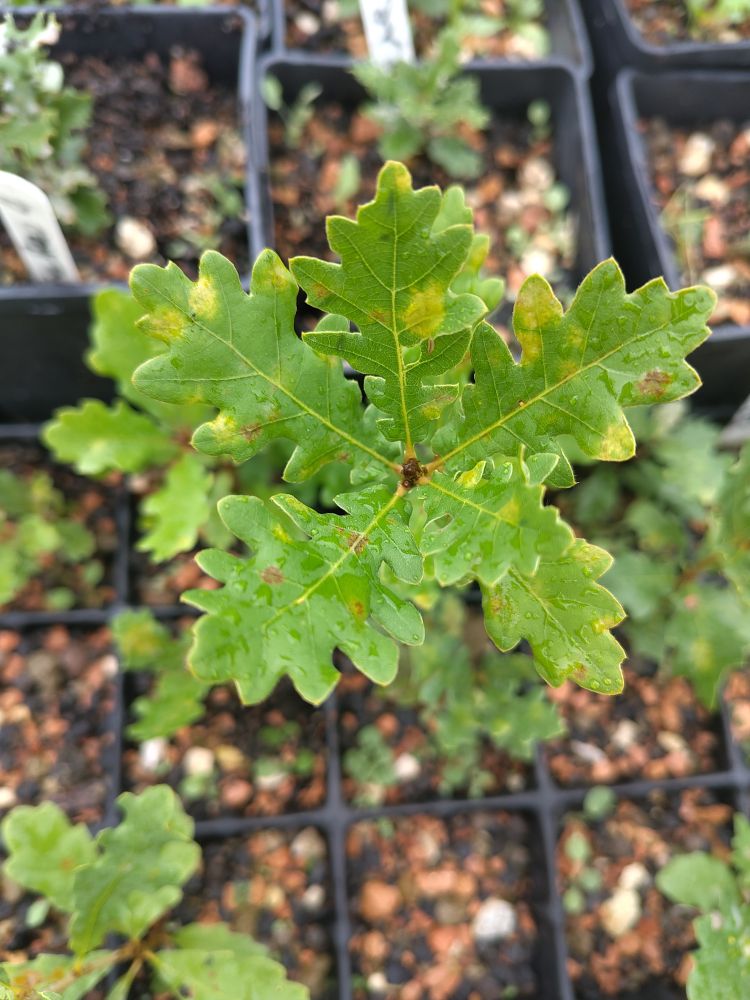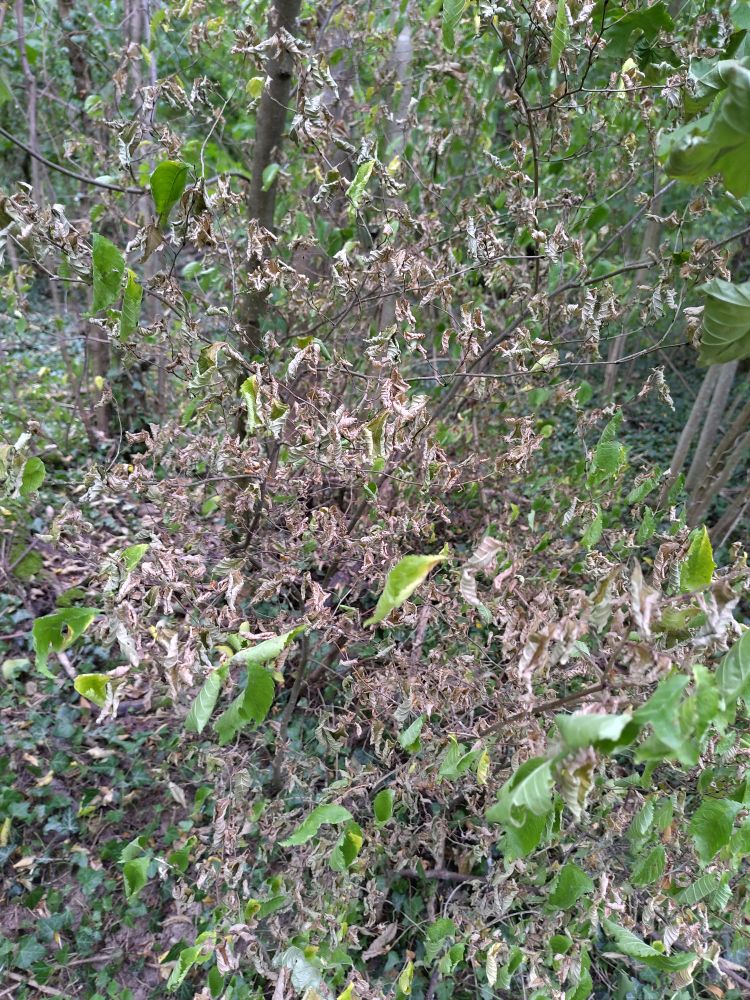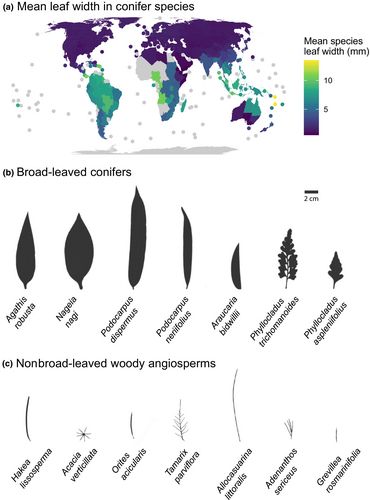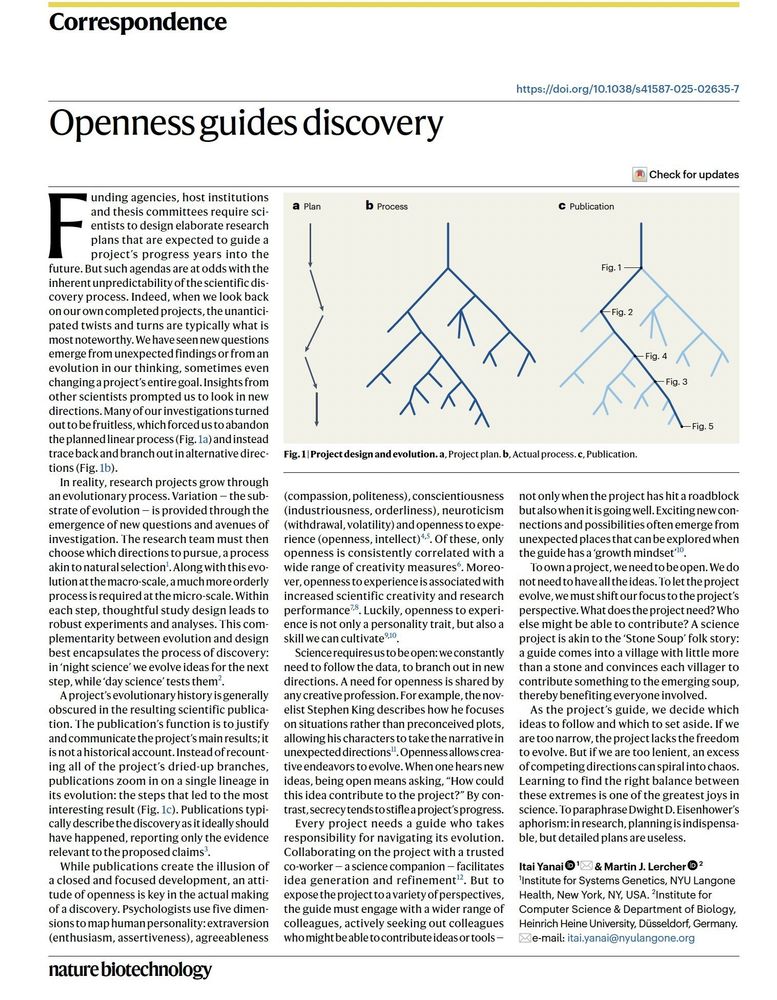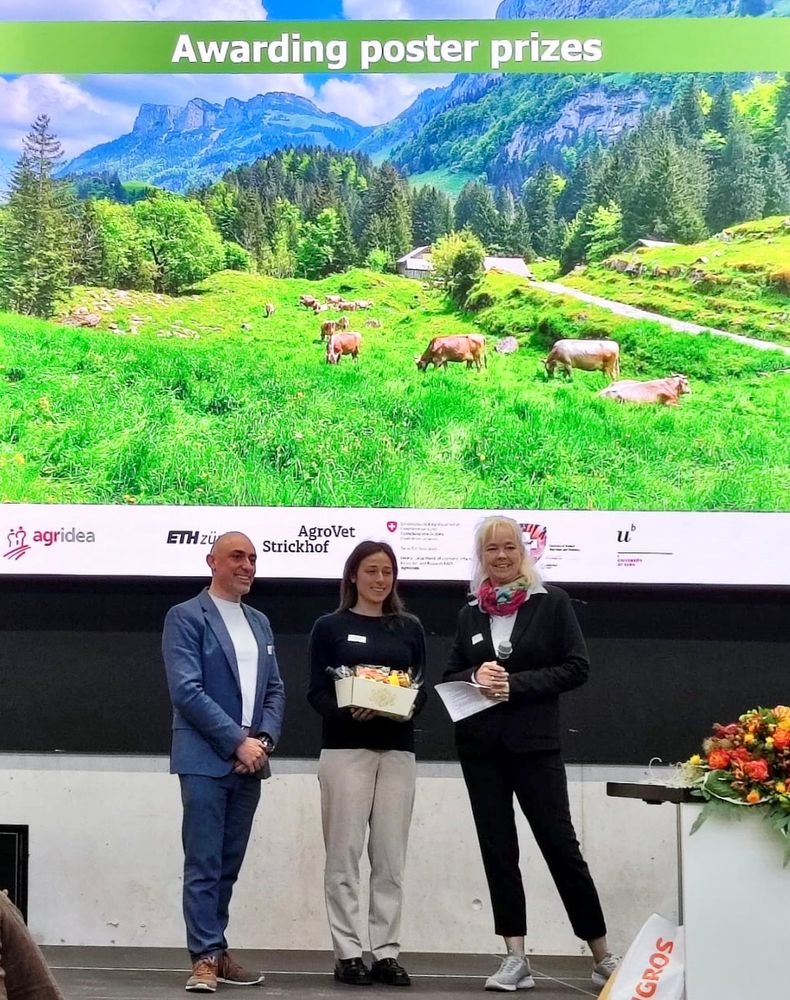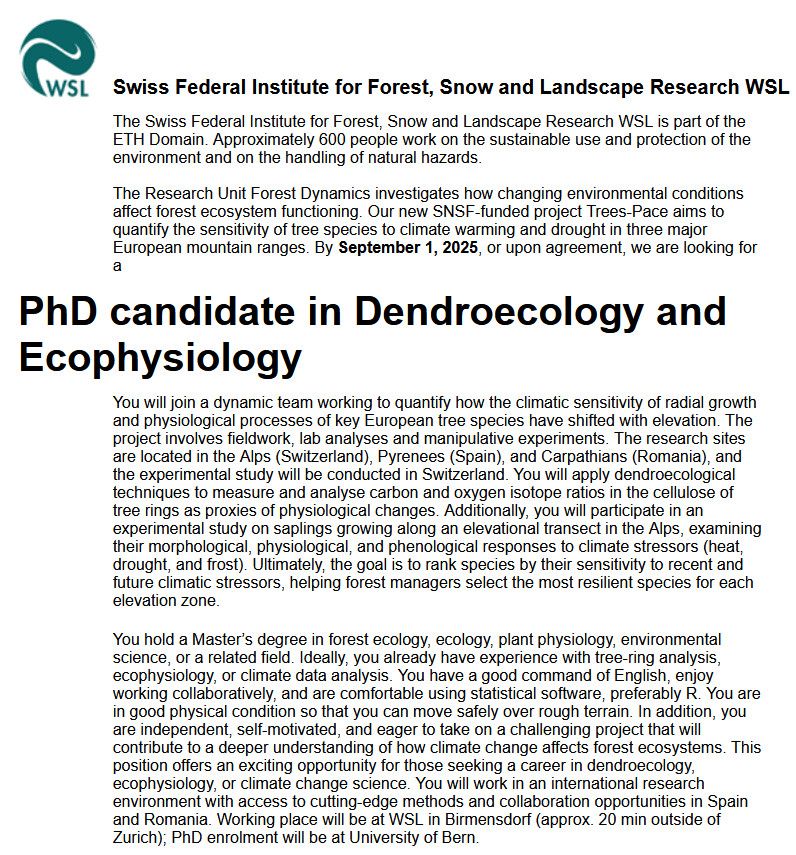Philipp Schuler
@philippschuler.bsky.social
490 followers
510 following
29 posts
Postdoc at EPFL and WSL
Interested in plant ecophys 🌱🌳🍀 climate response, whole plant carbon balance ☀️🌡️🌲 isotope fractionation ⚗️🧪🧫
🏳️🌈
Posts
Media
Videos
Starter Packs
Reposted by Philipp Schuler
Reposted by Philipp Schuler
Reposted by Philipp Schuler
Reposted by Philipp Schuler
Reposted by Philipp Schuler
Reposted by Philipp Schuler
Reposted by Philipp Schuler
Reposted by Philipp Schuler



